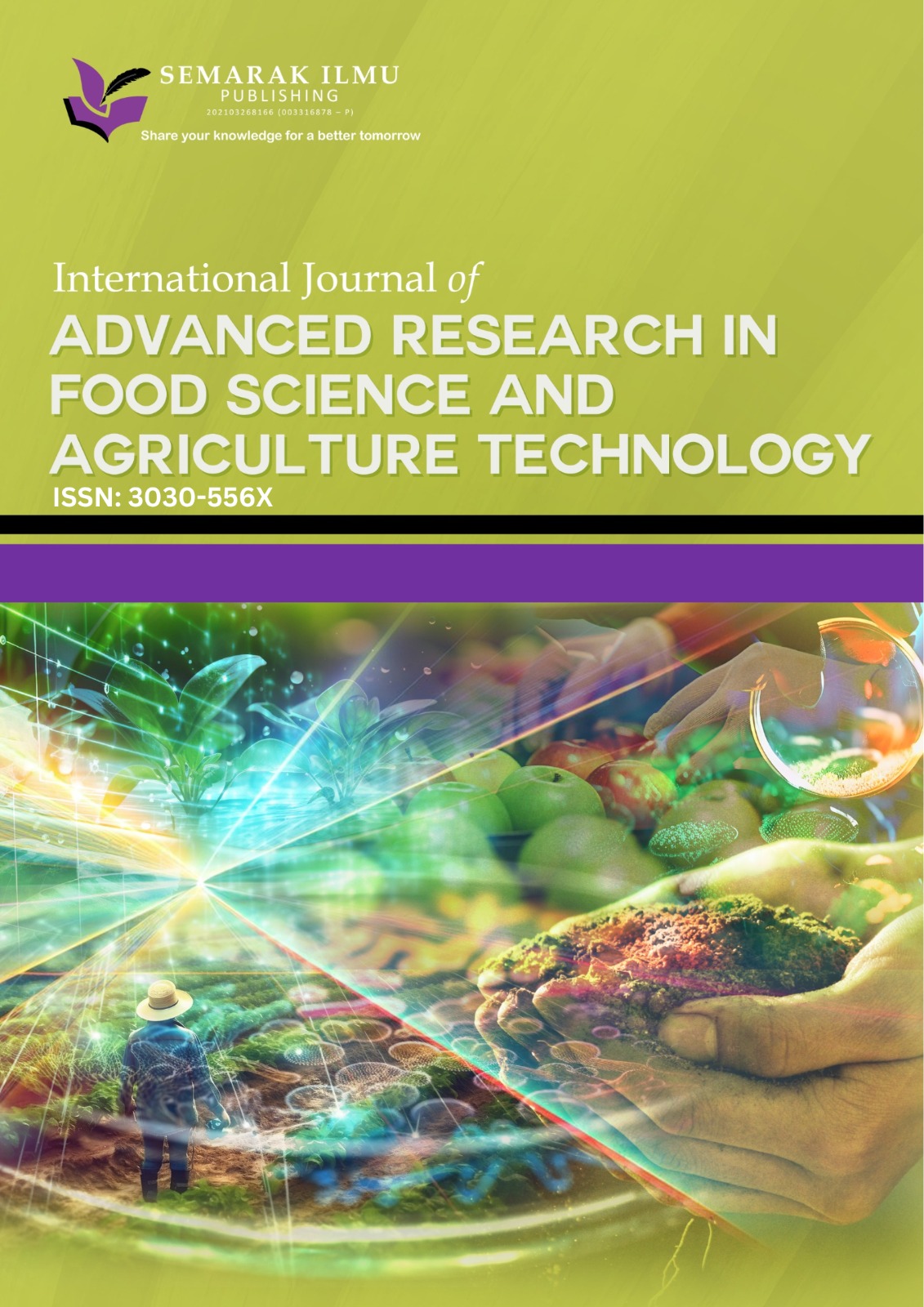Herbs in Malay Traditional Medicine: Analysis of Perception, Knowledge and Practice among Generation Z
DOI:
https://doi.org/10.37934/fsat.1.1.113Keywords:
Herbs, tradisional medicine, Malays' perception, Generation ZAbstract
The Malay community considers herbs to be essential components of their daily life, using them as food ingredients and much more so for medicinal purposes. But it was discovered that only the elderly continued to utilise and believe in the benefits of this herb, while generation Z was the opposite. Allowing this condition to persist will undoubtedly affect the image and identity of Malays. Thus, the purpose of this study was to investigate the types and meanings of herbal plants used in Malay traditional medicine as well as to analyse the perceptions, knowledge, and practices of the herb among Generation Z. This study is conducted through library research method to obtain information about the types and meanings of herbal plants; semi-structured interview with 40 respondents, comprising 10 traditional medicine practitioners and 30 generation Z. Findings have found that Malay people use herbal plants as medicines in three situations: as food ingredients, as external medicinal substances, and as juice or drinking medicine. Generation Z, on the other hand, was found to be the majority not only have no belief that herbal plants may cure illness, but also found to lack awareness and knowledge about their meanings, types and uses. Findings also show that generation Z lacks interest and motivation to learn about herbal plants in addition to experiencing popular culture syndrome in their chosen dietary practices. It is hoped that this study will be able to provide value to herbal plants which are increasingly being overlooked by the younger generation thus broaden the knowledge and awareness of the community so that they continue to appreciate and preserve herbal plants as an element of Malay traditional medicine across the ages.










